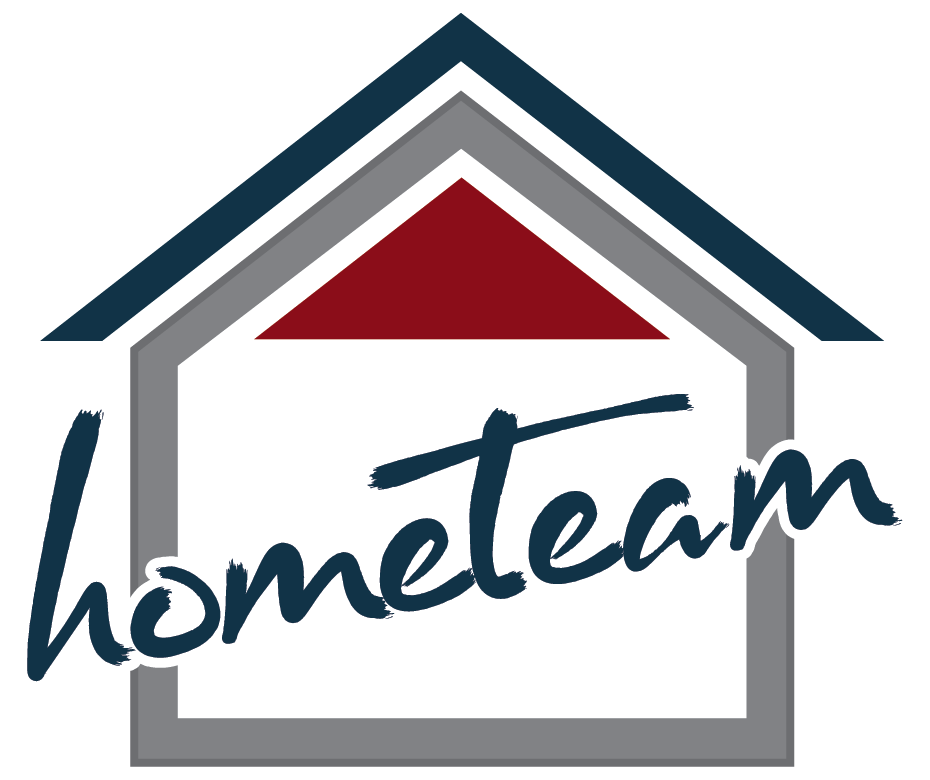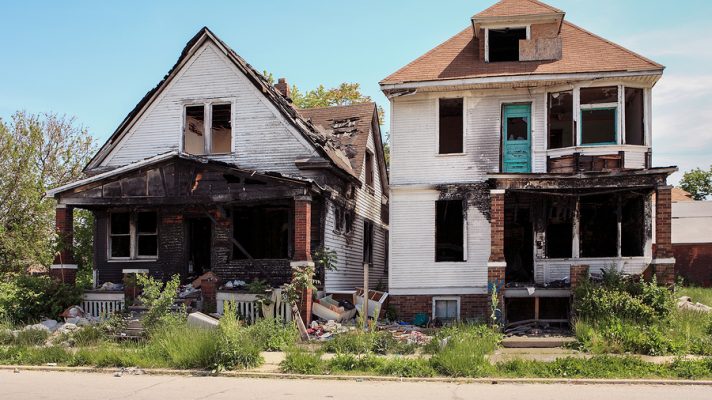Abandoned homes can be both an eyesore and a potential source of lowering values within a neighborhood or location. A vacant home can also attribute to vandalism or health concerns to homes nearby. Regardless of why the home has been vacated, there are a few things that you can do to make the best of the situation. Here’s a quick look at a few actions you can take to hedge against the negative side effects of an empty home.

The first action step that you should attempt is to track down the current owner. The current owner may have left town, it may be an estate, or it may have been foreclosed. Reaching out to other neighbors may fill you in on the owner’s whereabouts. If it seems there’s no locating the current owner, public records will show the current lien holder. Reaching out to the bank’s REO department may connect you with an asset manager who will cooperate to keep the property in acceptable condition. The owner or the bank may also allow permission for neighbors to enter the property in order to maintain the exterior or possibly the interior of the property.
While hoping to connect with the owner of the property, it’s also important to research and study what the local ordinances are concerning vacant property. Likely, there are policies in place for how a home must be maintained. Additionally, if the home is within a Home Owners Association (HOA), there are certainly minimums of upkeep that need to be kept. The local ordinances may state what is allowed to be done by neighbors to protect against hazards such as deserted animals, abandoned pools, broken/hanging tree limbs, and more.

Once you learn the rules, you may want to employ the correct services to force adherence. There may be certain protocols the county, city, or HOA needs to go through before action takes place. Try to be as patient as possible but if you need to ask neighbors to file suit with making complaints that may add urgency in which matters are treated.
While you are patiently waiting for action it’s important to note to not trespass on the property. Unless you’ve been given permission by the owner(s), you are technically not allowed to trespass. Even if it’s to do good things for the home like mow the grass, remove trash, paint over graffiti, etc. Those are great things to do if permitted, but otherwise, you’ll need to steer clear. Instead, you should put an emphasis on making your house look as good as possible. Keeping your exterior in top shape will hopefully lead to a higher sales price for when that vacant property eventually sells.
One of the last actions you can take is if the property is listed by a real estate company. Traditionally, either the former homeowner or the bank will list the property for sale with a real estate broker. The real estate agent is likely a point person responsible for routine inspections and maintenance of the property while listed. The real estate agent is likely more personally involved with good public relations so they most likely will act quickly to work with you and neighbors.
An abandoned property can definitely bring down the “feel,” of a neighborhood. Keeping a close eye on properties near you will allow for you to proactively keep things from getting out of hand. Reaching out directly to the homeowner is your first line of defense. Taken it up to an asset manager, county authorities, and/or real estate agent is another method to get things handled. If you have permission, you may have to take care of it yourself. If you don’t have permission, you can at least make your house outshine the dilapidated property next door. All these actions will help hedge against depreciated valuations, increased vandalism, and/or potential health hazards. Any other experience with abandoned properties? Be sure to comment below. Interested in buying a foreclosed home? Be sure to browse our listings.

